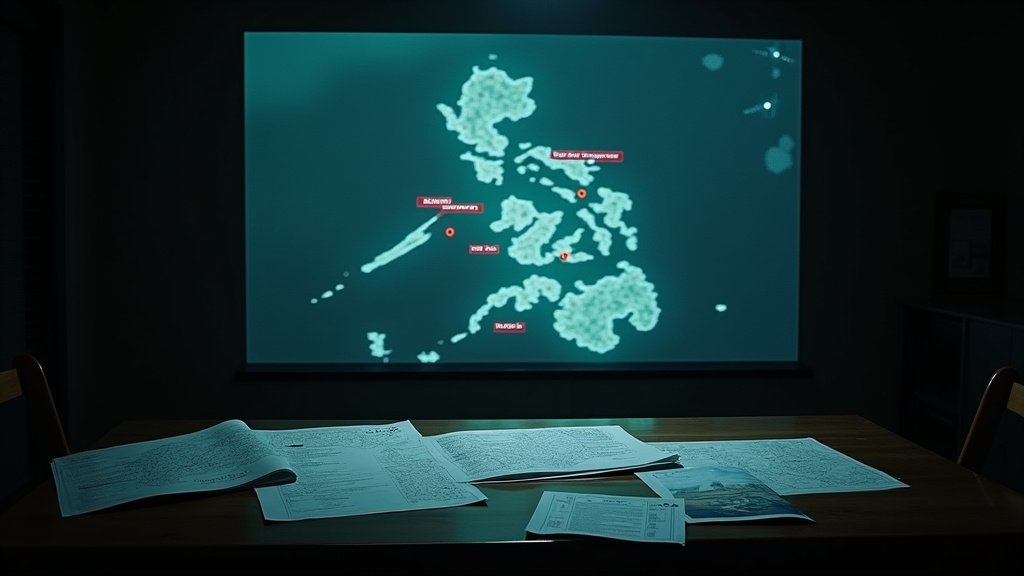A tentative 12-day ceasefire between longtime adversaries Israel and Iran, which had been announced early Tuesday morning by US President Donald Trump, faltered dramatically just hours after it was scheduled to commence. This rapid breakdown of the truce led to an immediate and sharp resumption of military hostilities, reigniting fears of wider conflict in the volatile Middle East region. The ceasefire was intended to bring a pause to the escalating conflict that had recently seen a limited Iranian retaliatory missile attack targeting a US base in Qatar on Monday, an event that underscored the regional risks.
Ceasefire Collapses Amidst Conflicting Claims
The promise of a 12-day lull in fighting, which Israel had initially welcomed on Tuesday morning by stating it had achieved all its key objectives in the conflict, proved exceptionally short-lived. The primary trigger for the ceasefire’s collapse, according to Israeli accounts, was the alleged launch of missiles by Iran. Israeli authorities claimed these projectiles were fired into Israeli airspace more than two hours after the agreed-upon ceasefire was meant to begin, constituting a direct and significant violation of the understanding.
In stark contrast to the Israeli allegations, Iran’s military vehemently denied firing any missiles, as reported by Iranian state media outlets. However, these official denials were juxtaposed with concrete reports emanating from northern Israel, where residents reported hearing explosions and sirens, classic indicators of incoming fire or military alerts. The discrepancy between the official Iranian position and the reported events on the ground in Israel highlighted the deep chasm of distrust and the immediate return to an active conflict footing.
Israel Orders Resumption of ‘Intense Operations’
Viewing the alleged missile incident as an undeniable breach of the ceasefire terms, Israeli officials quickly signaled a return to an aggressive posture. Israeli Defense Minister Israel Katz was unambiguous in his assessment, publicly stating that the alleged missile launches had indeed violated the ceasefire agreement brokered just hours before. Consequent to this perceived violation, Minister Katz issued a forceful order to the Israeli military: resume “intense operations to attack Tehran and to destroy targets of the regime and terror infrastructure.” This directive marked a swift and dramatic reversal from the earlier position of having achieved objectives and agreeing to stand down.
Earlier on Tuesday, before the ceasefire’s premature end, Israel had formally agreed to accept President Trump’s ceasefire declaration. At that point, the sentiment among Israeli leadership, including Prime Minister Benjamin Netanyahu, was one of accomplishment. Netanyahu had even declared a “historic” victory following the initial ceasefire agreement, framing it as a moment where Israel had successfully pushed back against Iranian aggression. During his remarks, Netanyahu reiterated core tenets of Israeli policy, maintaining firmly that Iran would not be permitted to achieve a nuclear weapon capability. He also stressed the ongoing necessity for Israel to complete its broader campaign against Iran’s regional “axis” of influence and, specifically, to defeat Hamas, linking the immediate conflict to wider strategic goals.
US Response and Analytical Perspectives
The abrupt failure of the ceasefire, coming so shortly after its announcement by the US President, drew sharp commentary from Washington. US President Donald Trump was reportedly critical of both Israel and Iran for violating the terms of the nascent deal, underscoring the significant challenges inherent in de-escalating a conflict with such deeply entrenched animosities and competing interests.
The recent intensive military exchanges, particularly Israel’s strikes targeting Iranian assets, have prompted considerable analysis and debate regarding their overall impact. A key area of discussion among analysts revolves around the effectiveness of these operations in hindering Iran’s nuclear program. Analyst opinions on this crucial point remain divided. Some experts hold the view that the Israeli strikes have resulted in a significant setback for Iran’s efforts to develop a nuclear weapon. Conversely, a number of other analysts express continued concern, remaining skeptical that the strikes have fundamentally altered Iran’s potential or resolve to pursue nuclear capabilities, suggesting that key components or knowledge might remain. This differing assessment highlights the inherent difficulty in evaluating the true extent of damage and the long-term implications of military action on complex, often clandestine, technological programs.
Future Uncertainty Following Truce Failure
The rapid collapse of the tentative 12-day ceasefire between Israel and Iran and the immediate subsequent order by Israel’s Defense Minister for the military to resume intense operations against Tehran and its infrastructure signals a decisive return to open conflict after only the briefest of pauses. The events of Tuesday underscore the profound instability characterizing the relationship between these two powers and the considerable obstacles international efforts, such as those by President Trump, face in attempting to secure lasting de-escalation. With renewed military action now underway and allegations and denials flying between Jerusalem and Tehran, the path forward appears fraught with peril, and the potential for further, perhaps significant, escalation remains high, leaving the region’s immediate future highly uncertain.





